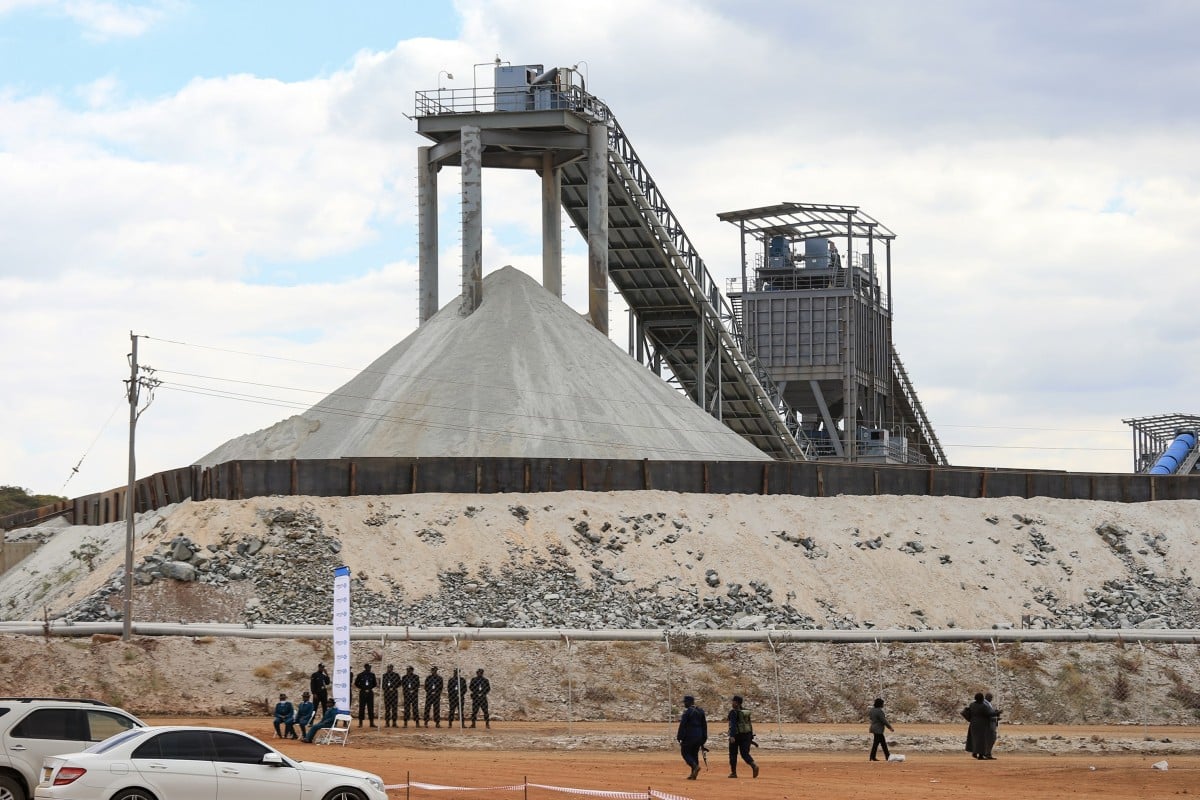China is set to focus on mining and energy overseas investments in 2024 as part of the Belt and Road Initiative (BRI), according to a report by the Green Finance and Development Centre at Fudan University. The report stated that the projects would fit the next phase of the initiative, which seeks to facilitate cross-border trade by building infrastructure projects across Asia, Africa, and Europe. The reasons for this shift in focus are economic, political, and driven by the growth in electricity needs and transition minerals. The report also identified a “clear need” for renewable energy investment to stoke growth and support a “green transition” in China, as well as in countries involved in the initiative.
China investors eye Africa’s Mauritius as it goes green, tries to sweeten deals
China is expected to pursue mining and energy development through investment projects and construction contracts, forming “country partnerships” with nations that are “aligned politically” with Beijing. The Griffith Asia Institute in Australia co-researched the report, which also highlighted the engagement of China in batteries, pipelines, roads, railways, and data centres as part of the BRI. The study further added that mining and oil deals would be “resource-backed”.
‘Growth nothing to write home about’: 7 takeaways from China’s economic data
The report identified a “clear need” for renewable energy investment to stoke growth and support a “green transition” in China, as well as in countries involved in the initiative. It forecasted “great opportunities” for deals in green energy, mining, minerals processing, and electric vehicle and battery manufacturing. The study also recommended investors in BRI projects to focus on smaller projects that are easier to finance and faster to implement, particularly in infrastructure and energy investments. Scalable solar and wind investments seem viable, as long as local conditions provide the relevant grids to handle renewable energy supply.
China finds new oilfield that could be ‘abundant oil-and-gas resource base’
In 2023, mining technology engagements via the BRI grew by 1,046%, while metals and mining rose by 158%, overtaking transport to make up 21% of Chinese overseas engagements. The report noted that Chinese companies strongly invest in metals and mining, which are particularly relevant to the green transition and batteries for electric vehicles. The report also recommended investing in early phase-out of existing older coal projects, which would be both economically and environmentally relevant.
China’s US$7.9 billion energy related engagements on BRI projects last year were already “the greenest in absolute and relative terms”, the Green Finance and Development Centre said. Total engagements in BRI projects stood at US$1.053 trillion as of the end of 2023. China has said that it would prioritize “small and beautiful” projects with low investments and “sound economic, social, and environmental benefits”. Belt and road projects have previously raised questions about environmental damage and debt owed to China by developing countries. However, several Middle Eastern and Central Asian nations have already approached China to help transition to renewables.


